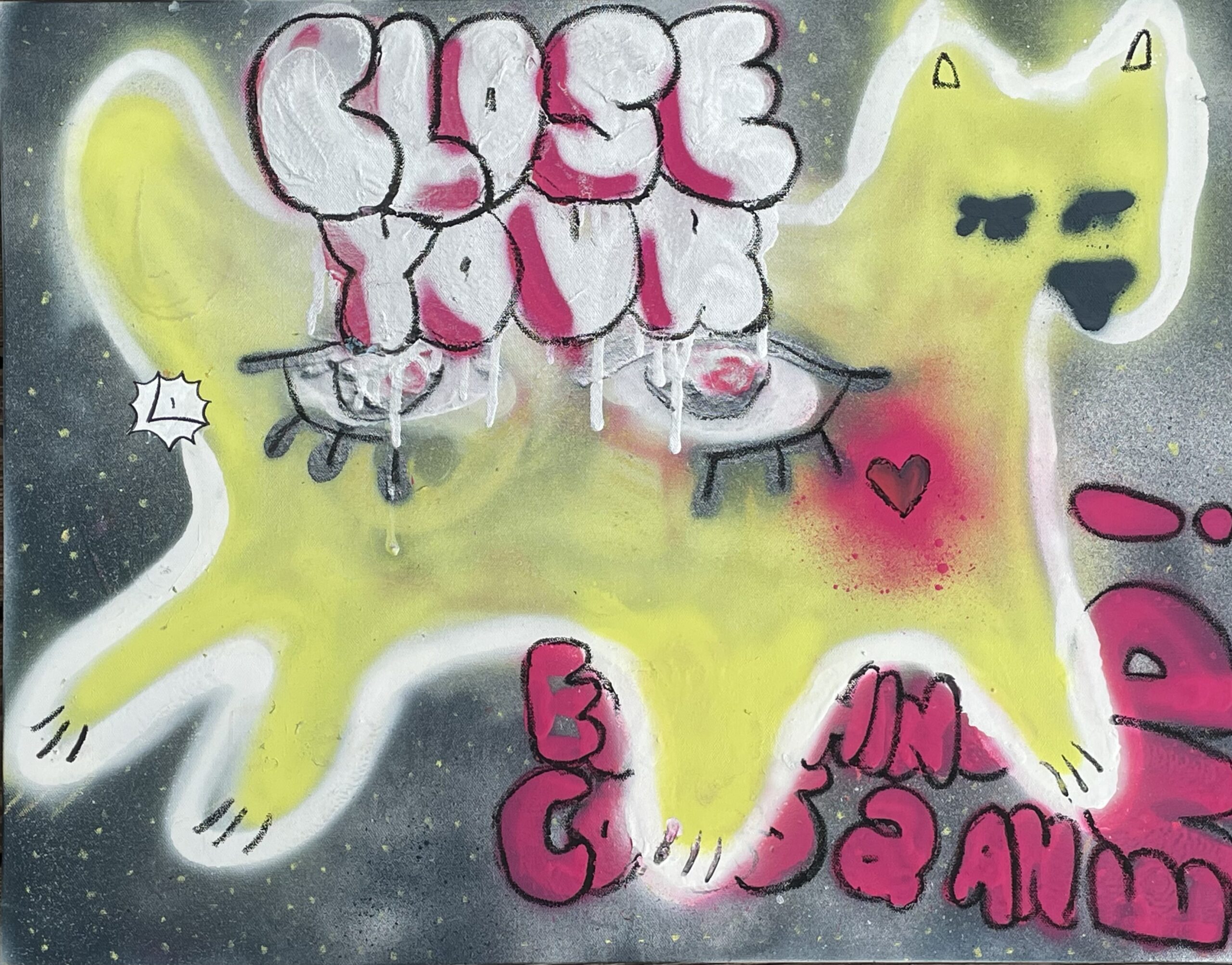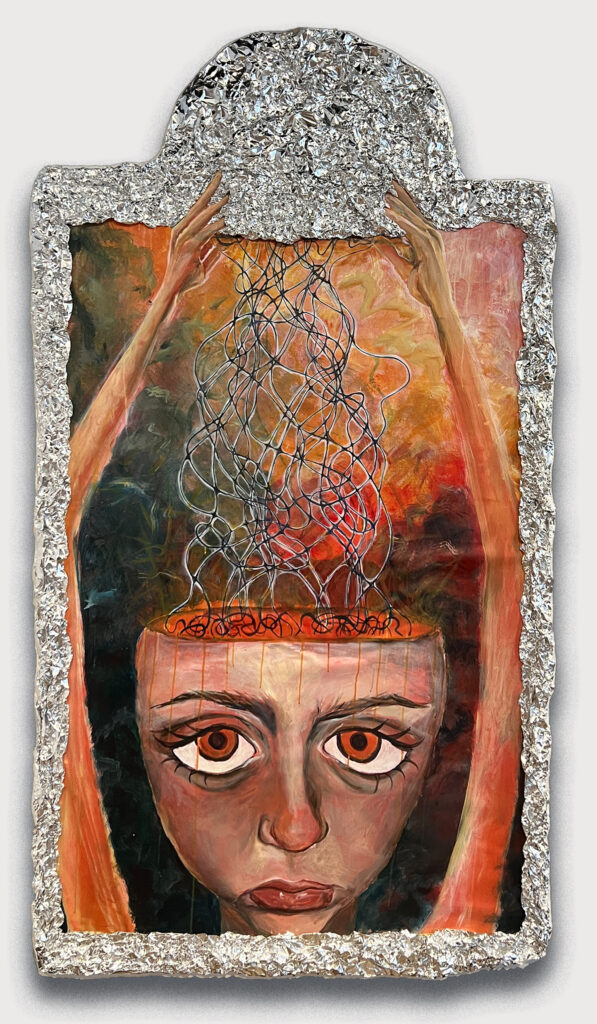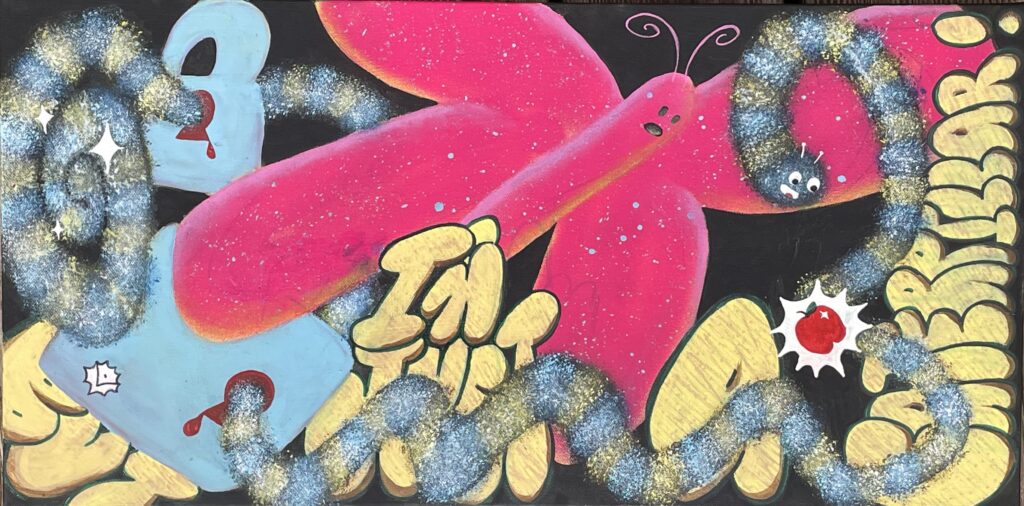The Freedom to Be Curious and to Question: A Manifesto for Arts Education
A student perspective on moving beyond traditional education to foster personal expression, free thinking, and empathy

We are born into a world where information is fed to us as fact, where living leaves emotional bruises. We rely on our education systems to teach us how to exist in this world, how to heal and how to grow, but schools are not built to fulfill this goal. School systems do not value a student’s individual journey; instead, they value academic achievement, turning people into numbers. We are deprived of our natural curiosities through grades, tests, and other meritocratic expectations. Grades often simplify learning into a competitive honor system that judges students based on results rather than their growth, curiosity, and exploration. Working for a grade compromises learning. Education does not leave room for us to question the material or express how it makes us feel. We learn basic academics but are not given any room to develop our own voice. Memorizing facts must be extended through engaging a student’s emotional intuition and social ethics. The more we question, the more we learn; education is a process.

The intertwining of art and academics paints a bigger picture. What was once a painful reality becomes an opportunity to process its effects. Instead of accepting everything as the way it is, we can challenge the taught-nonsense of the world through art. I always appreciated when my academic teachers would incorporate creativity into projects. For example, rather than encountering history as an endless timeline to be memorized, I was encouraged to imagine the emotional turmoil people faced in U.S. history. This led me to wonder how our world will be depicted to future students. How will future generations feel when studying our realities? How will they paint our pictures? Memorizing the next event on a timeline creates loneliness, but art and imagination unites our souls through empathy and understanding, connecting us as a collective consciousness. While we take in information, we must be aware of how reality is constructed, how every small brush stroke affects the bigger picture.
In my own transition from a traditional public education into an arts education, subjects intertwined in my mind and transformed my perception. I developed a great appreciation for art of all kinds, as it is an everlasting authentication of the human experience. To be alive is to be art; we live to share our suffering and inspire evolution. Art is a process of growth, not a result. We are all looking for meaning, for something that matters to us and to our world. Art allows us to find value in our individual experiences journeying through this world of illusion. As art imitates life, education should imitate art. It should constantly be evolving and gravitating towards the fresh minds of new generations by supporting creativity and allowing free thinking. Arts education strives for the best interest of future generations or the bigger picture instead of benefiting a system that limits individual potential by instilling outdated pedagogy.
